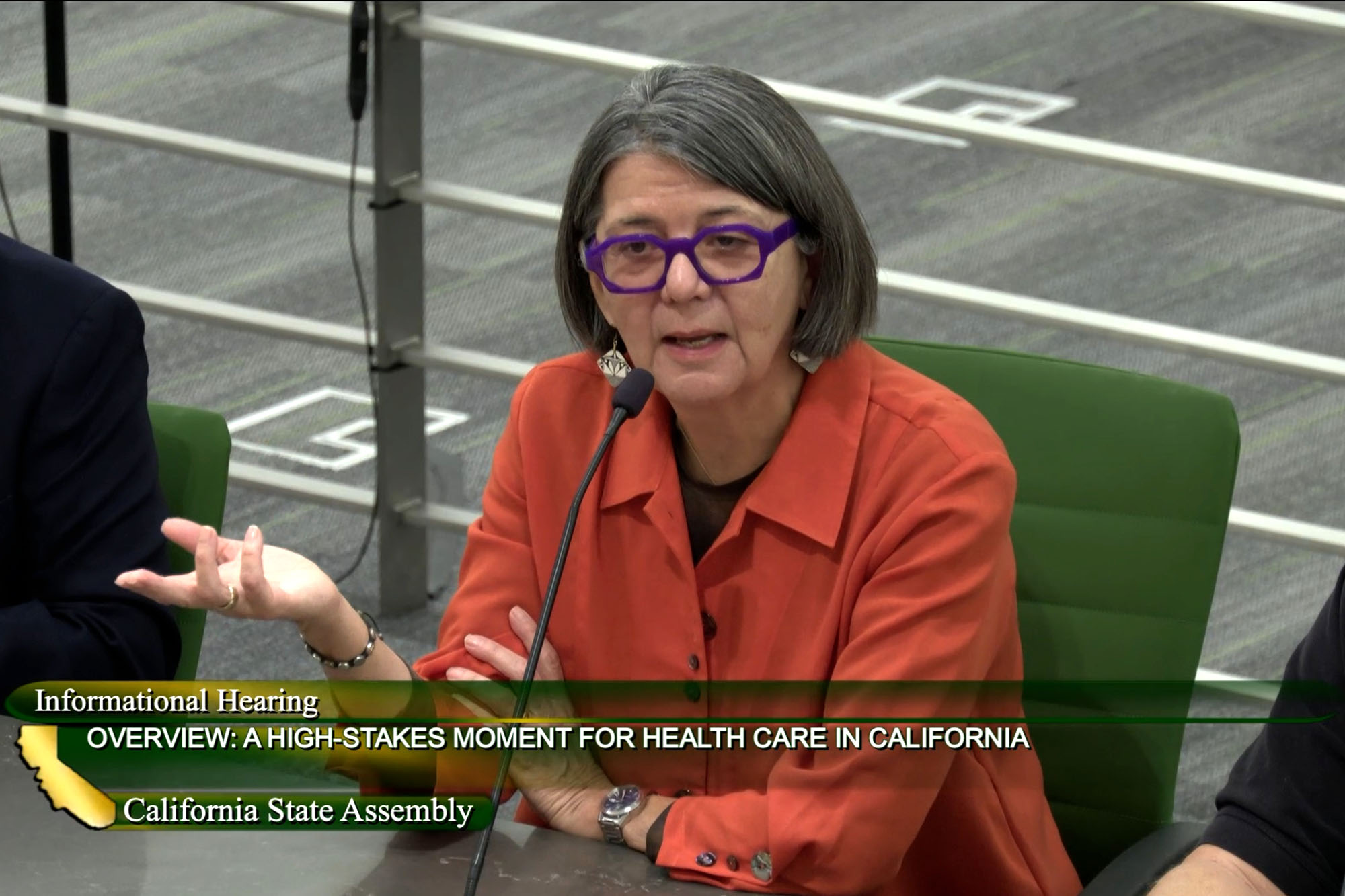
2025 could mark a major inflection point in health policy. Over the past four years, among many other changes, the nation rebounded from a once-in-a-generation pandemic; the uninsured rate reached a record low — with record enrollment across Medicare, Medicaid, and the Affordable Care Act marketplaces; Medicare beneficiaries began to see savings on prescription drugs; overdose deaths dropped; and women lost the right to reproductive choice under the US Constitution, leading to abortion bans in more than 20 states less than three years since the Supreme Court overturned Roe v. Wade.
Now, with Republicans in control of the White House, the Senate, and the House of Representatives for the first time since December 2018, the Trump administration and the 119th Congress are expected to pursue significant policy changes that could affect the health of every American. President Trump’s first term offers some indication of policies his administration might revisit or expand — such as Medicaid work requirements, short-term plans as an alternative to Affordable Care Act plans, hospital price transparency, drug importation from Canada, and limits on the Title X Family Planning Program. But, beyond revoking several Biden-era executive orders, his current priorities for health policy executive actions remain unclear as of inauguration day.
For different reasons, priorities are also uncertain for Republicans in Congress, who are already discussing a broad range of proposals, some of which could fundamentally alter the way that millions of Americans who rely on Medicaid, Medicare, and the Affordable Care Act receive health coverage and care. Other policy issues to watch—where we could see action from both the White House and Congress—include prescription drug prices, pharmacy benefit manager oversight, site-neutral payments, reproductive rights, public health, the 340B program, and research at the National Institutes of Health.
Read the complete story at Health Affairs Forefront.
Authors & Contributors

Katie Keith
Katie Keith, JD, MPH provides rapid response analysis for Health Affairs Forefront. She is the director of the Health Policy and the Law Initiative at the O’Neill Institute for National and Global Health Law at Georgetown University Law Center. Keith is also an associate research professor at Georgetown University’s Center on Health Insurance Reforms.
Keith was deputy assistant to the President and deputy director of the White House Gender Policy Council during the Biden-Harris Administration. Prior to that, she provided “Following the ACA” rapid response analysis for Forefront and was an appointed consumer representative to the National Association of Insurance Commissioners.
Keith is a co-founder of Out2Enroll, a national initiative to connect LGBTQ+ people with coverage options, and the founder of Keith Policy Solutions, LLC, a boutique consulting firm where she advised nonprofit and foundation clients.
She holds a master’s in public health from Johns Hopkins University and received her law degree from the Georgetown University Law Center.





